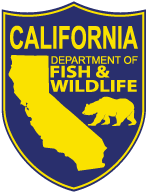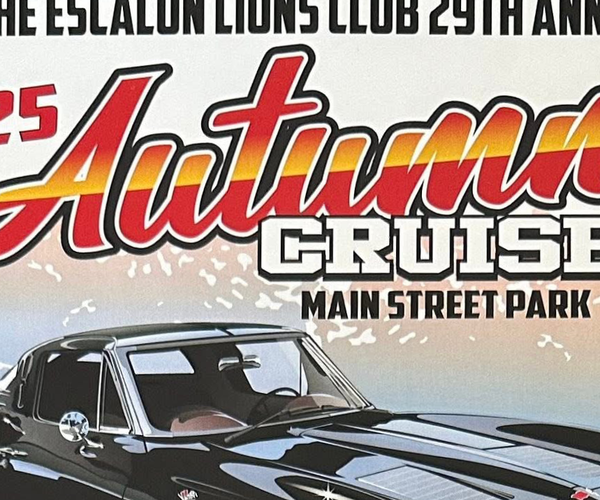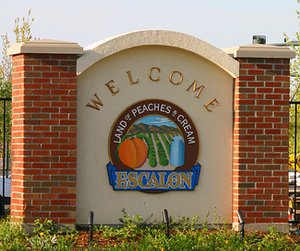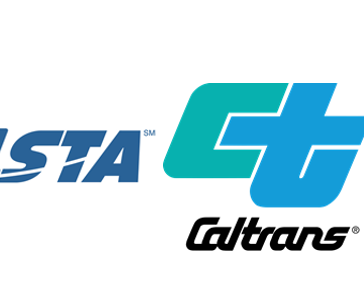The California Department of Fish and Wildlife’s (CDFW’s) Cannabis Restoration Grant Program recently awarded more than $3.9 million to the Monterey Bay Salmon and Trout Project (MBSTP), to support the captive broodstock program operations at its Kingfisher Flat Conservation Hatchery in Santa Cruz County and help it continue its education, outreach and monitoring activities.
The MBSTP’s Kingfisher Flat Conservation Hatchery—the only Coho salmon conservation hatchery in California south of the San Francisco Bay—has historically raised and released critically endangered Central California Coho salmon in multiple creeks in San Mateo and Santa Cruz counties. Watersheds south of the San Francisco Bay are the southern extent of the Coho salmon range, and the hatchery program came about following precipitous declines in Coho salmon populations in the late 20th century, caused by cumulative human impacts over time. By 2002, when the conservation hatchery program started, Coho salmon had been nearly eradicated from all streams south of the San Francisco Bay. In the last two decades, however, the hatchery has produced up to 32,000 juvenile Coho smolts annually that are released in area streams.
“The Kingfisher Flat Conservation Hatchery and the Southern Coho Salmon Captive Broodstock Program have been critical in maintaining genetic diversity and preventing the complete extirpation of Coho salmon while ongoing restoration and recovery efforts continue,” said Erin Chappell, regional manager for CDFW’s Bay Delta Region.
CDFW’s Cannabis Restoration Grant Program funds grants through California’s Environmental Restoration and Protection Account in accordance with Revenue and Taxation Code section 34019(f)(2). The program currently offers approximately $20 million in grant funding per year to promote ecosystem restoration and ecological health throughout California, and it funds diverse projects throughout the state, in various ecoregions, with multiple conservation benefits.
Ben J. Harris, executive director of the MBSTP, said the project team was “extremely pleased and grateful” to be awarded the grant.
“This funding will ensure continuity to a vital conservation effort for Coho salmon at the extreme southern end of their range, helping to prevent their extinction south of San Francisco Bay,” he said. “MBSTP looks forward to working in partnership with CDFW, NOAA Fisheries, UC Santa Cruz, tribes, schools and the local community to support the conservation and recovery of salmon native to the Monterey Bay region.”
This is the first grant from this program awarded to support Coho salmon south of the San Francisco Bay. The grant also provides funds to repair critical infrastructure damaged during the CZU Lightning Complex fire.
“We know the preservation of Coho salmon in this watershed and in others is a shared goal in our cannabis community,” said Amelia Wright, CDFW Cannabis Program director. “Watersheds in California, and the fish and wildlife that depend on them, can be negatively impacted by unlicensed cannabis cultivation and other ecological stressors, so projects like these are very important. We appreciate the opportunity to help this program continue its operations and expand education opportunities for local schools and tribal communities.”
To learn more about cannabis-tax-funded grants available from CDFW, visit the Cannabis Restoration Grant Program page of the CDFW website or email askcannabis@wildlife.ca.gov.





